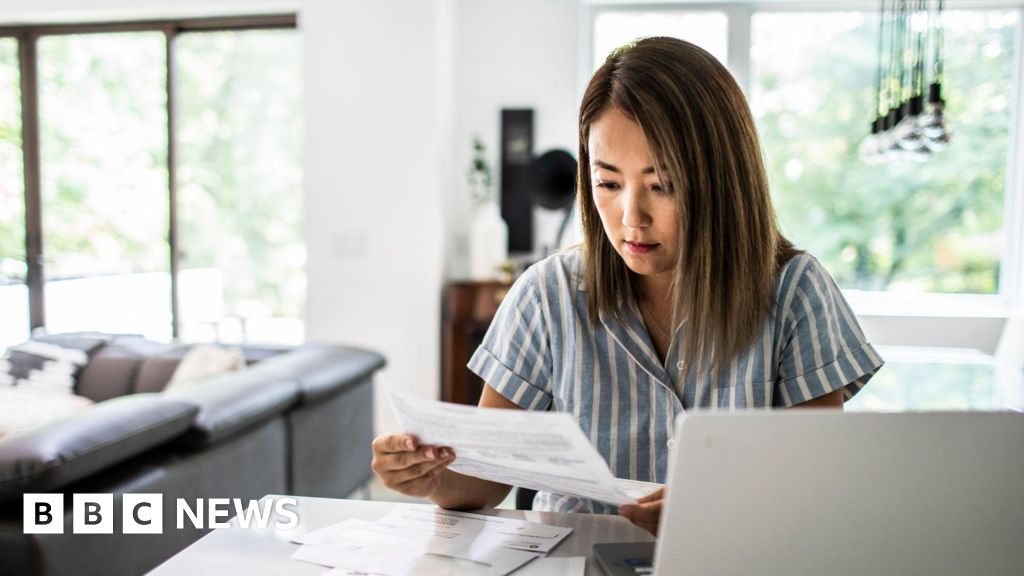Cost of living correspondent
 Getty Images
Getty ImagesThe chancellor has shelved any immediate plans to make changes to cash Individual Savings Accounts (Isas), the BBC understands.
Savers can put up to £20,000 in Isas in savings and investments, to protect the returns from being taxed.
But Rachel Reeves was thought to be considering reducing the allowance for tax-free cash savings, in a bid to encourage people to put money into stocks and shares instead and boost the economy.
But strong opposition from banks, building societies and consumer campaigners mean any such move has been put on hold.
However, changes have not been completely ruled out in the future.
In the short term, the government still wants to encourage more investment in stocks and shares, but without altering the rules on cash Isas.
“Our ambition is to ensure people’s hard-earned savings are delivering the best returns and driving more investment into the UK economy,” a Treasury spokesperson said.
Some plans are still expected to be outlined in the chancellor’s Mansion House speech to City leaders on Tuesday.
Other proposals could include more education programmes to encourage investment and looser rules on regulated advice.
Reducing the attractiveness of cash Isas may have prompted a considerable backlash from, often older, savers unwilling to take greater risks with their money in investments.
Reeves and the government have already faced some difficult weeks, owing to U-turns on winter fuel payments and welfare. The Treasury received “differing views” from the sector on potential reform to Isas.
Many investment companies that sell stocks and shares Isas backed a change, while banks and building societies who dominate the cash Isa market are against it.
The former said lowering the cash Isa limit would encourage investment with billions of pounds languishing in savings accounts doing little for individuals and the economy.
Opponents warned many people may not save at all, or would simply pay more tax on any money held in non-Isa accounts.
Building societies, in particular, point out it would also reduce the amount of money they receive from savers’ deposits which can then be lent out as mortgages or other loans.
The Treasury is expected to continue to talk to banks, building societies and investment firms about options for reform.
Harriet Guevara, chief savings officer at Nottingham Building Society, said: “We’ve consistently made the case, alongside others across the mutual and building society sector, for maintaining the full allowance, and welcome any decision to consult further with industry rather than rush through damaging reform that would disincentivise saving.”
More advice needed
An Isa is a savings or investment product that is treated differently for tax purposes.
Any returns you make from an Isa are tax-free, but there is a limit to how much money you can put in each year.
The current £20,000 annual allowance can be used in one account or spread across multiple Isa products as you wish.
Many experts say encouraging people to invest would not come from reducing the attractiveness of cash Isas but by better explaining the potential gains from stocks and shares and simplifying investments.
The government is keen to encourage investing to boost UK economic growth, which has been sluggish.
The UK economy shrank unexpectedly in May, contracting for the second month in a row. It contracted by 0.1%, the Office for National Statistics (ONS) said, confounding analysts who expected to see slight growth.


